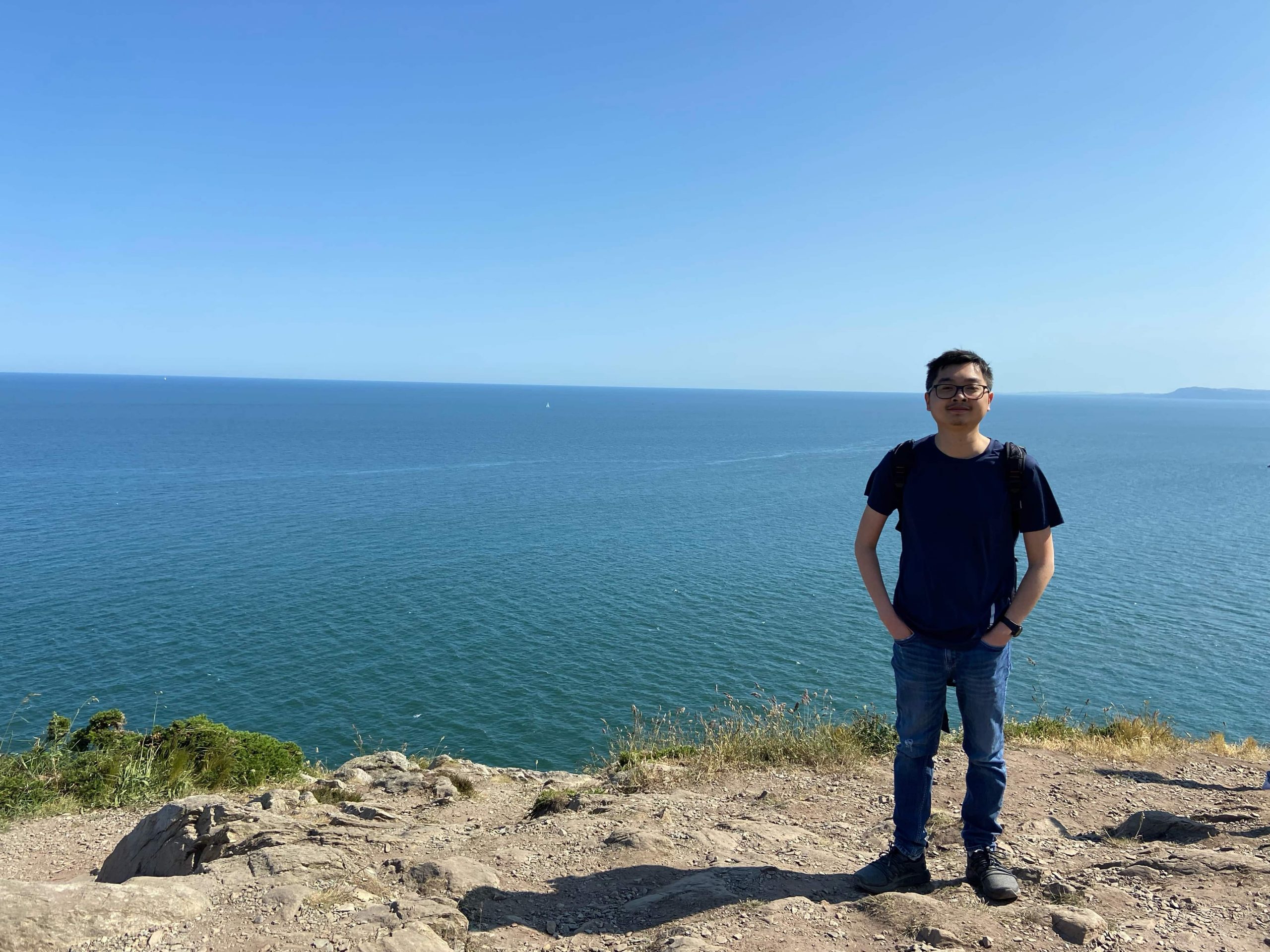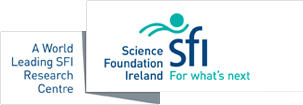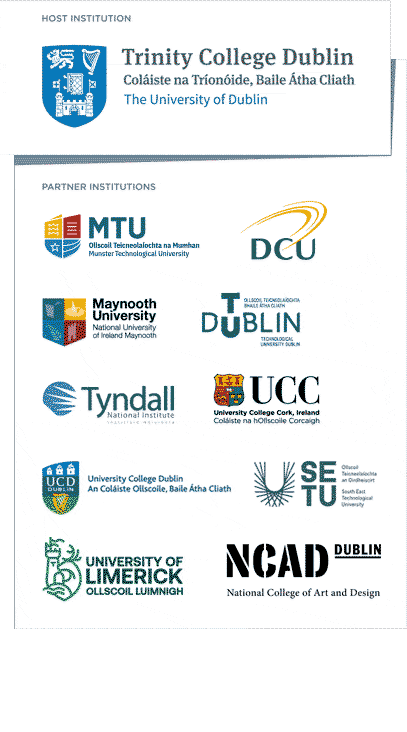
Duc Tung Bui is a PhD Researcher at CONNECT in the School of Electrical and Electronic Engineering, University College Dublin.
How did you get to this point in your life?
Well, it’s quite a long story, I got my Bachelor and Master degree, both in Electronic and Telecommunication Engineering. After finishing my Master, I worked in the field of Micro Electronics, and MEMS. During that period, I spent a lot of time in laboratories making small devices By “small”, I meant devices at the scale of micrometres. However, it seemed that I wasn’t good at doing the job in the lab and performing experiments. My devices were destroyed frequently and my experiments kept failing. Hence I decided that I should pursuit a career which mainly include tasks in computer, like programming, computing, simulating, etc. Also, I spent some time to learn Machine Learning and its applications, to prepare for my career switch.
Then, I saw a post on Facebook of my current supervisor. At that time he was looking for a PhD student to come and work with him in his new project of applying Artificial Intelligence to improve the performance of Cellular Networks (5G and possibly newer generations as well). This project is perfectly fit for me, as I have background in Telecommunication, I just learned ML/AI and was so excited to apply my new accumulated knowledge. It would also free me from my previous job in laboratories, as it only required me to work in the office, developing algorithms. I applied for the job and received the offer some time later, and now I am here.
How would you explain your research to someone who has no idea about your discipline?
Generally speaking, my research focuses on optimizing energy efficiency of Cellular Networks, based on a new concept called Open RAN. Traditionally, Cellular Networks are ‘closed’, which means all their components come from the same vendor, with very small space for the operators to customize and optimize them. In addition, the designs of Cellular Networks have focuses mostly on delivering high data rates at any cost, which leads to much of the wasteful energy expenditure.
On top of the new concept of Open RAN, where the operators are free to select components for their network, and customize it, I am developing algorithms to optimize the energy efficiency of Cellular Networks. By employing AI, the optimization ranges from small scale of each single communication link, to the big scale of network management such as turning off or putting Base Stations into idle mode, and re-routing the communication links.
What is the most challenging element of your work?
Although I have background in Telecommunication through my Bachelor and Master, there are still many topics which I am not familiar, so I have to study a lot to catch up. Sometimes, it was like you were swimming in the middle of the ocean, and completely lost your direction. Fortunate for me, my supervisor, and sometimes my colleague, were there to help me navigate. Talking about technical term, there are always problems when you write code. Some days you could not make any progress, but there are days that it eventually works, which brings joy back to life.
What do you think could be the next defining trend in technology?`
The word “technology” has a wide meaning. It could be technologies in electronic and telecommunication, which I have some knowledge. It could also be technologies in Computer Science, which I know a little bit, and it could be biomedical, pharmaceutical technologies, about which I have no idea. Within my knowledge, the most potential technology shape our future could be Machine Learning and Artificial Intelligence. Thanks to the convergence of hardware and software, it is developing at an exponential pace, and start to affect other fields of study. Researchers in different disciplines are now learning ML/AI to apply to their projects. Myself is an example.
What do you think about life in Ireland?
Before coming to Ireland, I had some years living in Italy and France, so moving here is actually not a big culture shock for me. People here are really friendly and welcoming, so I got no problem settling in. In fact, I feel more confident in Ireland, as my Italian and French were not that good, while English is not so popular there, so I was always nervous going out and talking with people back then, but here that problem vanished.
Talking about the weather, it’s rain a lot here, but I found peaceful in the rain. It turns out I love the weather here more than in my previous places.
Is there a personal experience that changed how you saw the world?
Yes, of course. In fact, I think the way we see the world gradually change over time, and this happens to everyone. Myself, the way I see this world now is totally different from, like, ten years ago. If you are asking for the one that I am most impressed, I would say it is the time when I decided to leave my home country to go to Italy. Prior to this, I already had a quite good job in my home country, and had a certain way of thinking and a set routine. Going abroad opens my eyes and altered my world view. Living and working in Italy, then in France, and now in Ireland exposed me to a completely different culture, lifestyle, and way of thinking. I was immersed in a new languages, met people from different backgrounds, and was introduced to unique traditions and customs. It taught me to be more open-minded and adaptable. Certainly, this was a turning point in my life and it has profoundly influenced me ever since.
CONNECT is the world leading Science Foundation Ireland Research Centre for Future Networks and Communications. CONNECT is funded under the Science Foundation Ireland Research Centres Programme and is co-funded under the European Regional Development Fund. We engage with over 35 companies including large multinationals, SMEs and start-ups. CONNECT brings together world-class expertise from ten Irish academic institutes to create a one-stop-shop for telecommunications research, development and innovation.
Homepage FeatureHumans of CONNECT


